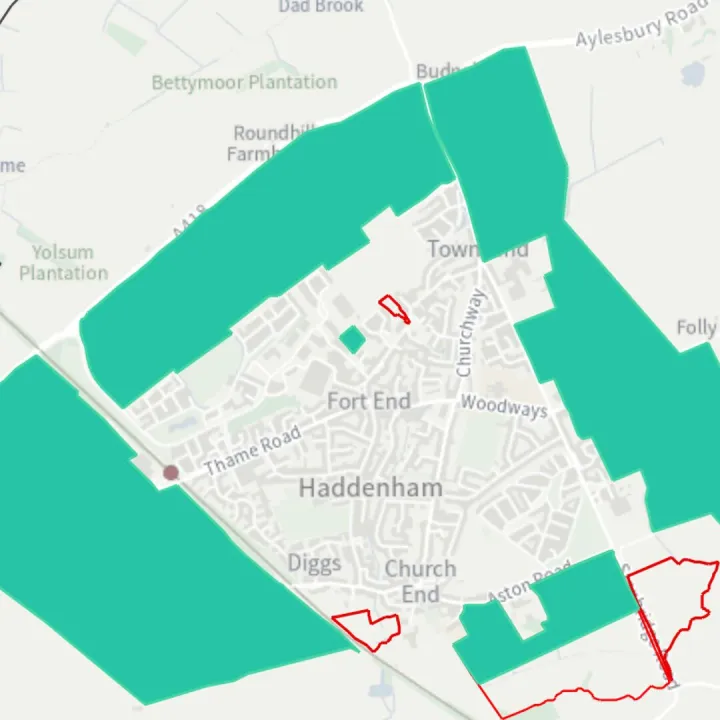Users of email (and that's the vast majority of us!) need to be extra vigilant at the moment, as there seems to be an ever-growing wave of cons and scams being perpetrated via this communication medium.
The fraudulent emails have reached an unparalleled level, and the growing popularity of online shopping (especially for Christmas) has provided the miscreants with even more opportunities to send out false messages and clever cons.
Please be clear: never open attachments (including images) or reply to any message of dubious origin. If you do so, there are two potential consequences:
Attachments from the bad guys contain trojans (i.e., malware or melicious software applications) that are downloaded to your PC and can then record your key strokes (and thus discover passwords and bank account access information, for example) or turn your computer into a spam-generator, sending out false (spam) emails to all those on your contact list as if the messages were coming from you. A common example is the "help me, I've been mugged while abroad; send me money" type scam.
By replying to emails requesting information you are potentially providing sensitive, confidential details that enable others to assume your identity, for illegal purposes. Again, your bank account or credit card details will be at risk.
How to Recognise Scams?
The vast majority of these email-based scams come from sources outside the UK, and there was a time when the standard of English grammar or spelling was so poor that this was an immediate give-away. These days, however, the con-artists' use of the English language is more sophisticated (although minor errors can still be picked out, if you read through the details carefully).
Your very best protection comes from three main mechanisms:
1. By purchasing anti-virus/internet software protection from one of the main providers (such as Kaspersky, McAfee or Norton) and always keeping this up-to-date by allowing automatic downloads from the publisher of these protective applications. Don't use free anti-virus software. These are less effective at capturing all the online risks, and some are actually malware disguised as protective software – oh, the irony!
2. By being extremely cautious about any emails that end up in your spam or junk email box. The providers of email accounts such as Microsoft (hotmail / msn), Google, etc, have established quite sophisticated scanning processes which prevent the most obvious scams from reaching your main email IN-box. These are directed to the junk box. Scan down the subject headings briefly, but expect to delete 95 percent or more without opening them.
3. By constant vigilance and awareness on your part: knowing the kinds of tricks and cons being employed will help you remain safe and your personal computer clear of malicious software applications.
Some Examples of Email Cons:
Pretending to be a message from a courier, about a parcel delivery – this one is very common in the run-up to Christmas. The attachment (a delivery note, or 'you weren't in, here's how to collect your parcel' message) will download malware.
Messages purporting to come from your email account provider, requesting that you re-activate your account or change the password "otherwise the account will be closed" (or some variant on that theme). The main giveaway here is that the email will not be personally addressed to you by name. Email account providers know all your personal contact information, and would not write generic messages of this kind. (And don't be conned by being addressed by the information that appears before the @ symbol in your email address).
Invoices or receipts appearing to come from reputable retailers. You may have been purchasing Christmas gifts or other items online, in which case good online retailers will send you confirmation and a receipt within seconds of the purchase being made, again personally addressed to you by name. Treat any others (especially those landing in your junk mailbox) with extreme caution, and don't open the attachments!
The editor of this website would welcome your comments or other examples of email cons that you've encountered in recent times, so that we can all remain up-to-date with and aware of the latest scams. Write to: haddenham.net@hotmail.com







